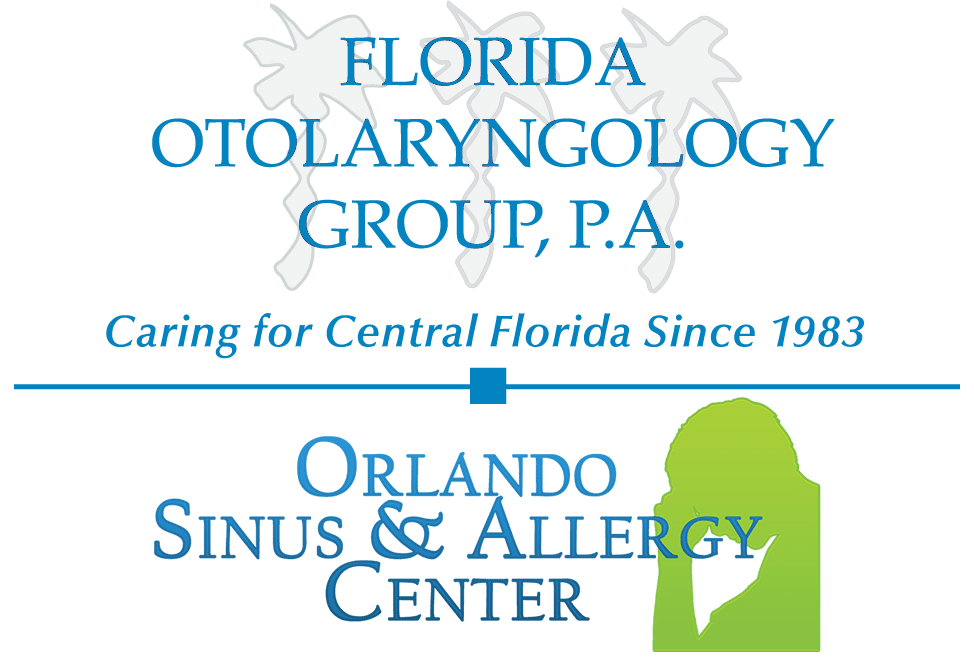Sinus infections, also known as sinusitis, affects about 31 million Americans annually according to the American College of Allergy, Asthma, and Immunology, making it a common and prevalent health issue. Despite this, there is still a lot of confusion and misinformation surrounding whether sinus infections are contagious. In this comprehensive look, we’ll dive into the world of sinus infections and debunk the myths around their contagious nature, and everything you need to know about the symptoms, types, prevention, and treatment.
Understanding Sinus Infections: What They Are & Types You Can Develop
Before we explore the myths and realities of sinus infections, it’s essential to have a clear understanding of what sinusitis is, and how it develops.
What Is a Sinus Infection?
A sinus infection occurs when the hollow cavities in the face, called sinuses, fill up with fluid, leading to the inflammation of the sinus lining. When the sinus lining is inflamed, it prevents the sinuses from draining out properly. The trapped mucus then sits, allowing bacteria, fungi, and viruses to grow and multiply, resulting in an infection within these hollow cavities. If you are someone who has frequent allergies or has an “allergy season,” or you are someone who gets sick a lot or uses tobacco products, then you’re going to be at an increased risk of developing sinusitis. The same applies to individuals who have structural problems with their sinuses like nasal polyps or a deviated septum.
What Are The 4 Types of Sinus Infections?
There isn’t so much as different “types” of sinus infections, but moreso, a classification of sinusitis based on the duration you’ve had the infection for.
1. You have acute sinusitis if your infection is 4 weeks or less.
2. You have subacute sinusitis if your infection lasts for 4-12 weeks.
3. You have a chronic infection if it lasts for 12+ weeks.
4. You have recurrent sinusitis infections if it occurs several times in a year.
Your sinus infection can be caused by viruses entering the body, by bacteria being allowed to multiply, or even by fungi like mold and yeast, which can enter the sinuses from someone who breathes it in. In minor cases of sinusitis, you may have only some swelling and inflammation due to blockages in the nasal passageways, but you can also get sinusitis from structural deformities, allergies, or chronic exposure to pollutants.
Are Sinus Infections Contagious? Yes and No.
Now that we have a better understanding of what sinus infections are and how they are classified, let’s address the primary concern: are sinus infections contagious, meaning can you get them from someone else or pass them on? The answer to this is a confusing yes, and no. Let’s explain.
When Is A Sinus Infection Contagious?
A sinus infection is contagious if the cause of it is contagious. For example, sinus infections that are caused by viruses, like the rhinovirus, influenza virus, and parainfluenza virus are indeed contagious and can spread from person to person.
When Is a Sinus Infection Not Contagious?
If your sinus infection is caused by a bacteria like streptococcus pneumoniae or haemophilus influenzae, by a fungus, by deformities or blockages in the nasal passageways, then the infection is not contagious.
How Is A Sinus Infection Spread To Others?
When you develop a sinus infection from a virus, you can spread it to others through respiratory droplets, either by exhaling them into the air or by contaminating surfaces by touching them. For instance, if you were to sneeze, cough, or even talk to others while you have a sinus infection, you can release virus-containing droplets, which if inhaled by others nearby, causes them to contract the infection. The same applies to contaminating surfaces like doorknobs, light switches, or public transit hand holds; if you touch your mouth, eyes, or nose, and get droplets on them and then touch these surfaces, you can spread it.
Preventing The Spread of Contagious Sinus Infections
To reduce the risk of spreading contagious sinus infections, it’s essential to practice good hygiene. This includes washing your hands regularly, sneezing and coughing into a tissue or the crook of your elbow, and using disinfectant wipes to clean frequently touched surfaces. Additionally, if you’re looking to avoid sinus infections, avoid close contact with those who have colds or upper respiratory infections.
Common Symptoms of Sinus Infections That Can Be Confused With A Cold
One of the main reasons why sinus infections are often confused with the common cold, is because they share similar symptoms, making it hard to differentiate between the two respiratory illnesses. A sinus infection have the following symptoms in common with a cold:
- Consistent nasal drip down the back of the throat.
- A runny nose that lasts longer than 7-10 days.
- Facial pain and headaches.
- A fever, cough, and sore throat.
- Bad breath.
- Pain in your ears or teeth.
- Swelling around the eyes, especially in the morning hours.
If you experience any of the above symptoms, don’t immediately write it off as the common cold. We highly recommend that you consult with one of our healthcare professionals to get an accurate diagnosis, so you can treat the infection swiftly and correctly.
Debunking 3 Common Sinus Infection Myths
Now that you know that contagious sinus infections do exist, and what their symptoms are, let’s debunk 3 common myths surrounding them.
Myth #1: You Can Always Treat A Sinus Infection With Antibiotics
While antibiotics can definitely help alleviate the symptoms of sinusitis caused by bacteria, they aren’t always a necessary treatment. Rather, antibiotics are only recommended after 10 days of having contagious sinus infection symptoms, as virus-based sinus infections do not respond to antibiotics and often clear up in a week or so. It is crucial to consult with a healthcare practitioner before requesting antibiotics, as improper use can lead to antibiotic resistance, secondary infections, or even allergic reactions.
Myth #2: A Headache is a Definite Sign of a Sinus Infection
Although headaches can be a symptom of a sinus infection, they can also be caused by allergies, migraines, or the common cold. Allergic reactions can cause sinus swelling and obstruction, leading to sinusitis-like pain without the actual infection. Do not assume that you have a sinus infection off of a headache.
Myth #3: Sinus Infections Are Always Contagious
As mentioned earlier, sinus infections are not always contagious. Only virus-based sinus infections are contagious, and their spread can be prevented with regular handwashing and good hygiene practices.
Treatment Options for Sinus Infections
When it comes to treating sinus infections, the primary focus is on relieving the symptoms and addressing the underlying cause.
Over-the-Counter Medications
Over-the-counter medications can help alleviate the sinus infection symptoms you’re having. These types of treatments include:
- Use a store-bought salt/saline spray to clear your nasal passages.
- Decongestants to reduce congestion and mucus production.
- Cold medications that treat congestion, pain, mucus production, and coughing.
- Non-steroidal anti-inflammatory drugs like acetaminophen or ibuprofen for pain relief.
Prescription Medications
In cases where you have bacterial sinusitis, antibiotics may be prescribed to you to kill off the bacteria causing the infection. This can take up to 2-weeks before you see a difference, and if the infection is severe enough, you may also be given prescription nasal sprays with corticosteroids to reduce inflammation.
Home Remedies
Along with over-the-counter and prescription medications, several home remedies can help alleviate sinus infection symptoms:
- Nasal irrigation to remove irritants and reduce mucus drainage.
- Humidifier to clear nasal passageways.
- Relieve sinus pressure with a warm compress.
- The use of essential oils to relieve sinus pressure (not FDA-approved).
When to Reach Out For Help: Don’t Wait
While sinus infections are contagious when caused by a virus, not all are. If you suspect that you have a sinus infection, it’s important to practice good hygiene and get in touch with a healthcare provider who can give you a diagnosis. If your sinus infection symptoms are severe (headache, facial pain, swelling), if you initially get better but then the symptoms worsen, they last longer than 10 days, or you have a fever that lasts 3+ days, then you should seek out medical attention.
If you’re experiencing any of these symptoms, contact Floto Group today to schedule an appointment with one of our skilled ENT specialists. Don’t suffer through your sinus infection symptoms alone – let our team of experts help you feel better and breathe easier.





